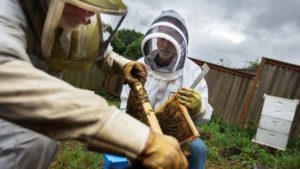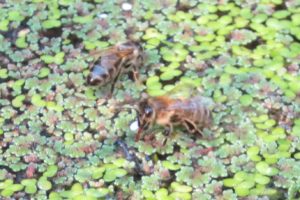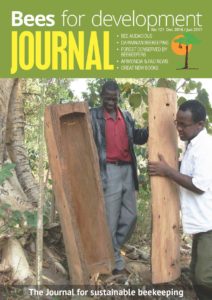Report Back – Heather Mattila
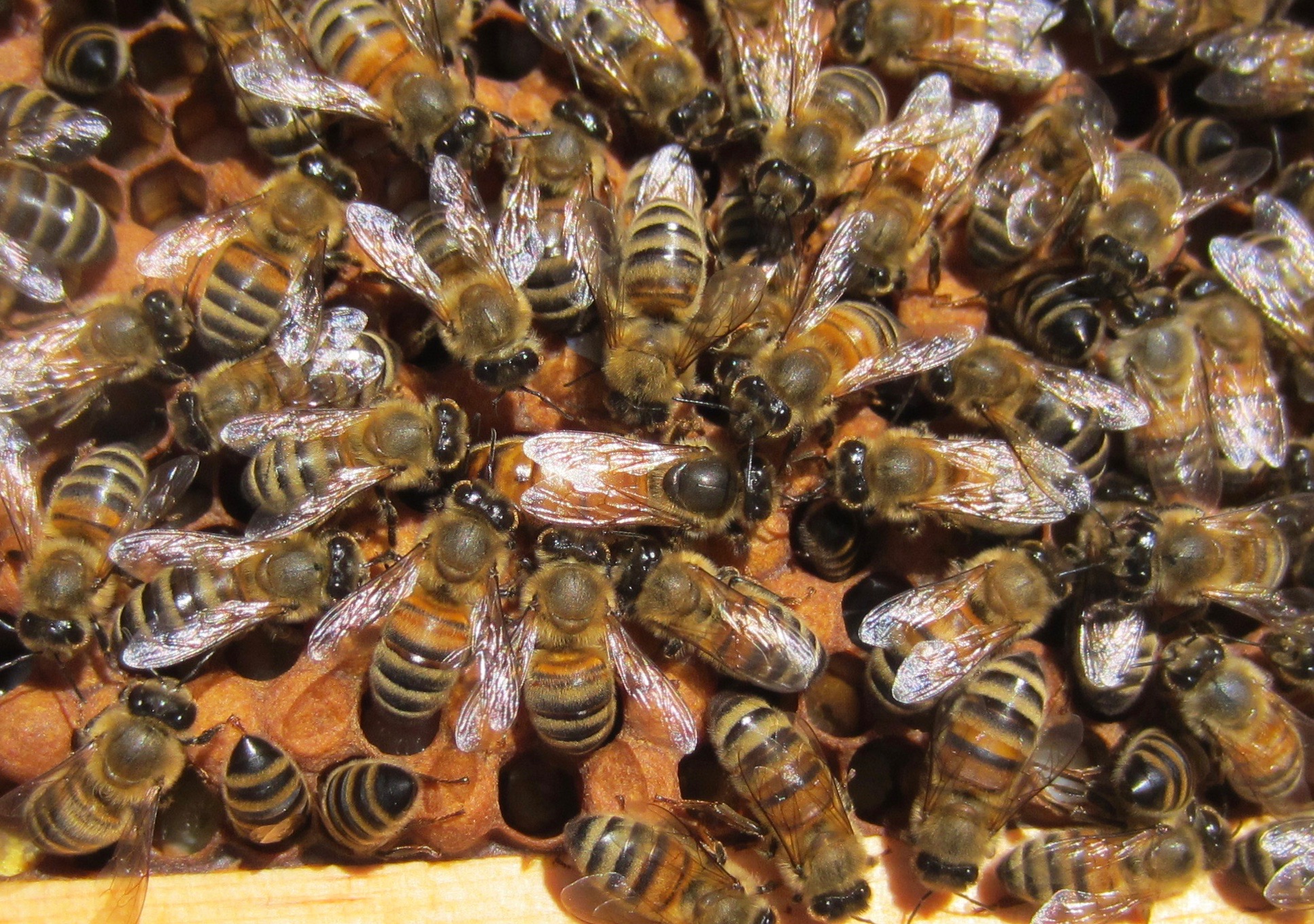
We must organize
by Heather Mattila
I have worried in the past that the rate of pollinator decline would be outpaced by our collective will to reverse these trends, but Bee Audacious changed this bleak forecast for me. It showed me that there is a diverse yet cohesive group of people who are eager to rally and wrestle with the pressing issues pollinators face. Their hunger to enact change has turned what could be a hopeless situation into a hopeful one. As a group, we want to implement an old but audacious idea: we must organize.
We must organize within an urgent timeframe and for multiple purposes.
Our first task should be to band together to mount a defense for all pollinators, both wild and managed bees, as well as the spaces they need to thrive. Our conversations made it clear that there is a wide circle of stakeholders who have a vested interest in pollinator success; however, there is currently little crosstalk between these groups. We need to gather all of these constituents – commercial and hobby beekeepers, growers and livestock producers who rely on bee-pollinated crops, conservation groups, land owners who manage pollinator habitat – under a single umbrella organization that can advocate in multiple realms for a shared pollinator agenda. Conference participants often mentioned a striking fact: the total contribution of bees’ pollination services to crops consumed by humans and livestock puts their value second only to U.S. agriculture’s heaviest hitters (cattle, hogs, and corn). Despite this fact, we lack the strong voice that these sectors have when it comes to legislative and regulatory decision-making. It is imperative that this disparity be rectified for the healthy-pollinator movement to surge forward.

Associate Professor of Biological Sciences, Wellesley College
One proposed action that had broad support at Bee Audacious was the formation of a National Pollinator Alliance. This coalition of partners would give us a unified platform for protecting the best interests of bees. The activities of this alliance could be funded by the collection of a couple of dollars from each pollination contract. Such a modest fee would generate millions of dollars from a single year of almond pollination alone. Once in place, the National Pollinator Alliance should define common ground among its members and allocate funds to lobby for political action on behalf of all pollinators. Those who work directly with bees could organize within this alliance to improve communication with farmers, promote research, foster pollinator habitat, collect data from its constituents, and formulate programs to educate a new generation of beekeepers and stewards of bee spaces (some of the excellent ideas that were generated at the conference). The principle of organizing a multitude of singular voices into one deafening chorus is not a novel one, but it would be a new call to action for pollinators in North America, and it was the most persistent message I heard from the change makers I met at Bee Audacious.
It is time! I am hopeful.

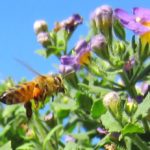 Previous Post
Previous Post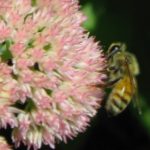 Next Post
Next Post